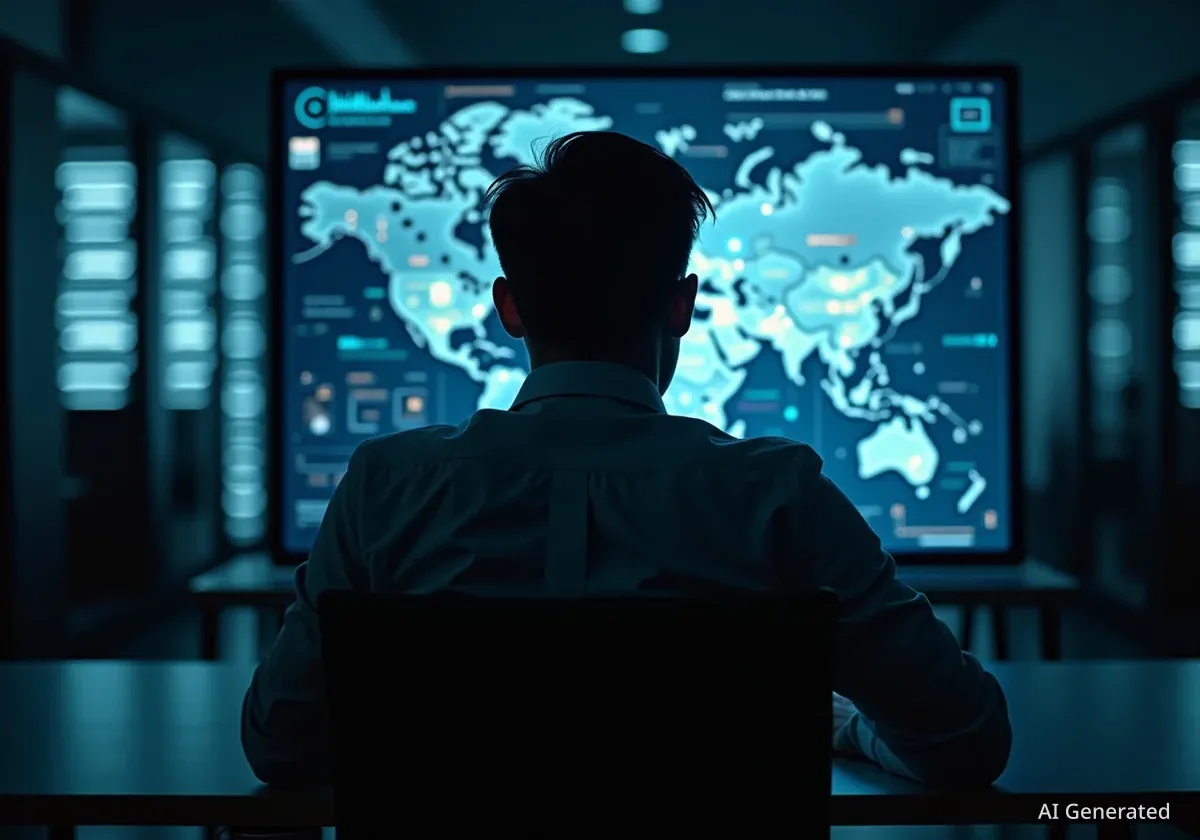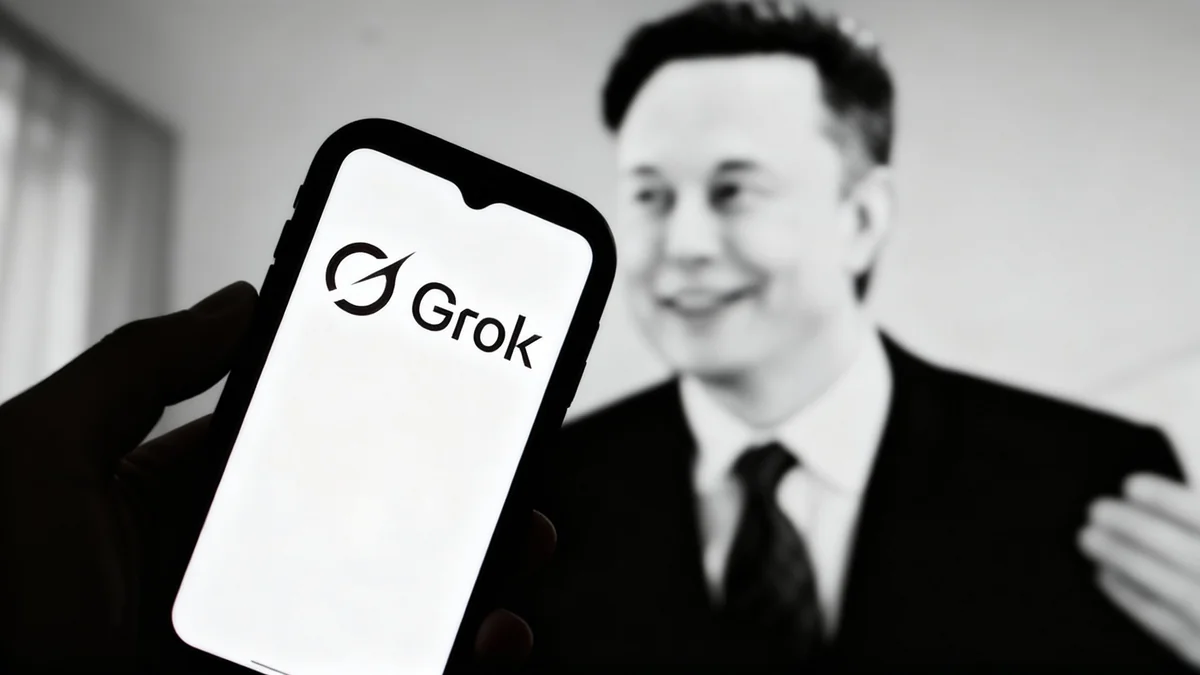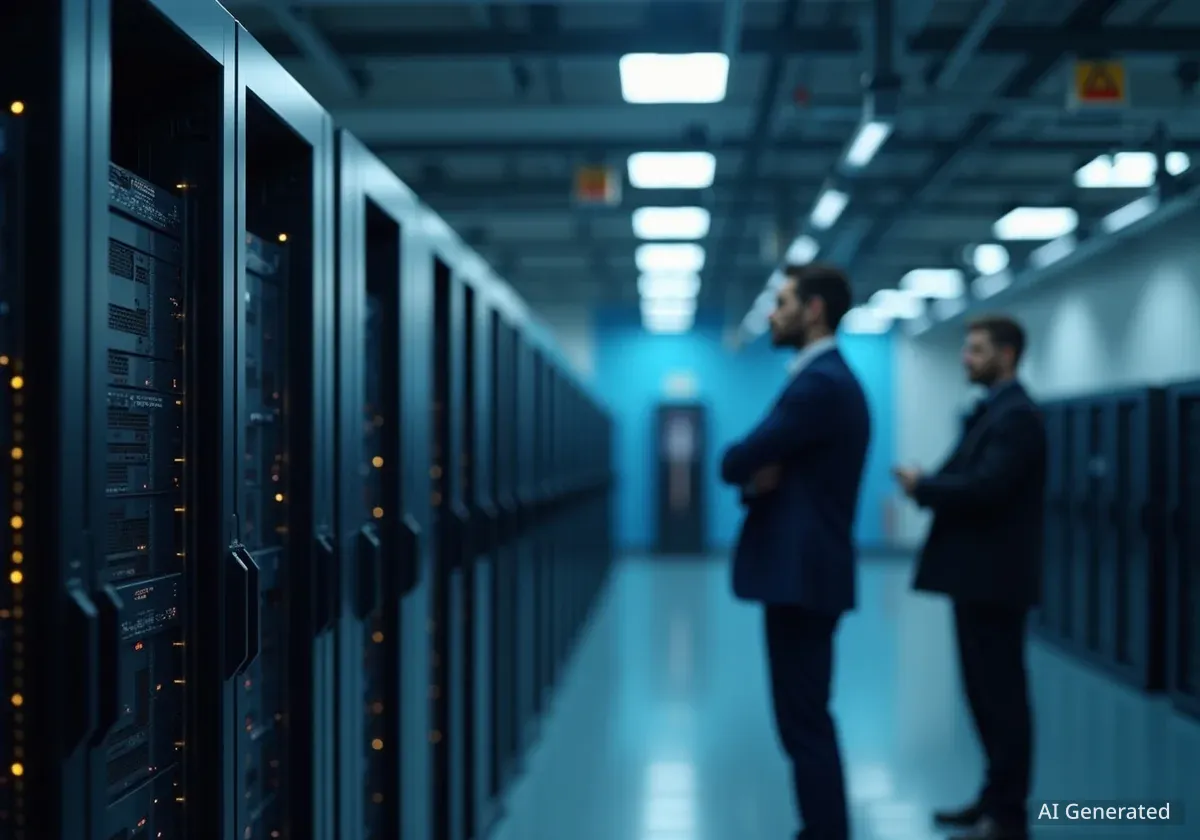Venture capitalist Chamath Palihapitiya has stated that traditional coding jobs could become obsolete within the next 18 months due to advancements in artificial intelligence. The former Facebook executive predicts that the role of software engineers will transition from writing code to supervising AI systems that perform these tasks.
This forecast is part of a larger conversation about how AI is reshaping the global workforce, placing a new emphasis on skills that cannot be automated. The tech industry is now facing a potential transformation that could redefine career paths and educational priorities for future generations.
Key Takeaways
- Venture capitalist Chamath Palihapitiya predicts AI will make many coding skills obsolete in 18 months.
- The role of engineers is expected to shift from hands-on coding to supervising AI systems.
- AI is proficient at writing code but still requires human oversight for complex business logic and rules.
- Future job markets may prioritize human-centered skills like critical thinking, creativity, and communication over technical coding abilities.
A Fundamental Shift in the Role of Engineers
According to Chamath Palihapitiya, the rapid evolution of AI technology is set to trigger a significant change in the responsibilities of software engineers. He suggests a timeline of just 18 months for this shift, where the primary function of an engineer will no longer be to write code line by line.
Instead, their focus will move towards a supervisory capacity. In this new role, engineers would be responsible for overseeing AI systems, guiding their work, and ensuring the final output aligns with complex business objectives. This change reflects a growing trend where AI handles repetitive and technical tasks, while humans manage strategy and oversight.
The Human Element in AI-Driven Development
While AI can generate code efficiently, Palihapitiya notes that its current limitation lies in understanding and implementing nuanced business rules. The true difficulty in software development is not just writing code, but translating intricate business requirements into a functional system. This task still requires human reasoning and interpretation.
This prediction aligns with comments from other industry leaders. Meta CEO Mark Zuckerberg has also suggested that AI will eventually handle many of the tasks currently performed by mid-level software engineers. The consensus is that while the demand for engineers will remain, the nature of their work is on the verge of a major transformation.
The Changing Landscape of the Job Market
The rise of AI is not just changing existing roles; it is also creating entirely new ones. The emergence of positions like AI prompt engineer demonstrates this shift. These roles focus on training and refining AI models like ChatGPT to produce better results.
Interestingly, many of these new jobs do not require a traditional computer science degree or advanced coding skills. Instead, they demand strong logical thinking, clear communication, and a fundamental understanding of how to interact with AI systems. This opens the door for individuals from diverse educational backgrounds to enter the tech industry.
New Skills for a New Era
As AI automates technical tasks, companies are expected to place a higher value on uniquely human skills. These include:
- Critical Thinking: Analyzing problems and evaluating AI-generated solutions.
- Creativity: Developing innovative approaches and solutions that AI cannot conceptualize.
- Communication: Clearly articulating business needs to guide AI systems and collaborating with teams.
- Problem-Solving: Identifying the root causes of issues and devising strategic solutions.
This trend suggests a future where adaptability and a broad skill set are more valuable than deep specialization in a single technical area that could be automated. The workforce of tomorrow will likely be defined by its ability to collaborate with AI, not compete with it.
Rethinking Education and Career Development
Palihapitiya's forecast raises important questions for the education system. If traditional coding skills are to become less critical, current educational pathways may need significant adjustments to prepare students for the future job market.
Palihapitiya advises parents to encourage their children to pursue subjects that foster critical thinking and human-centered skills, suggesting that a well-rounded education may be more beneficial than a purely technical one.
This perspective suggests a potential resurgence in the value of the humanities, social sciences, and arts. These fields excel at developing the very skills—such as creativity, empathy, and complex communication—that are difficult for AI to replicate. An interdisciplinary approach that combines technical literacy with these human-centered disciplines could become the new standard for success.
Adapting for the Future Workforce
For those already in the workforce, continuous learning and upskilling will be essential. Career development programs will likely need to shift their focus from teaching specific programming languages to developing skills in leadership, project management, and strategic oversight of AI tools.
The ability to adapt to new technologies and integrate them into existing workflows will be a key differentiator for professionals across all industries. The challenge for both educational institutions and corporations is to remain agile enough to keep pace with the rapid advancements in AI technology.
Industry-Wide Implications and What Comes Next
The potential obsolescence of manual coding is a disruptive force that extends beyond individual careers. It has the power to reshape how companies innovate, develop products, and structure their teams. A greater reliance on AI could accelerate development cycles and lower the barrier to entry for creating new software and applications.
However, this transition also comes with challenges. Companies will need to invest in training, develop new ethical guidelines for AI use, and manage the cultural shift within their organizations. The move from a workforce of creators to one of supervisors requires a different management style and new metrics for success.
As industries integrate AI more deeply into their operations, the demand for a flexible and adaptable workforce will only grow. The key to navigating this transition will be a proactive approach to education and professional development, ensuring that human skills evolve alongside technological capabilities. The future of work is not about man versus machine, but rather man with machine.





